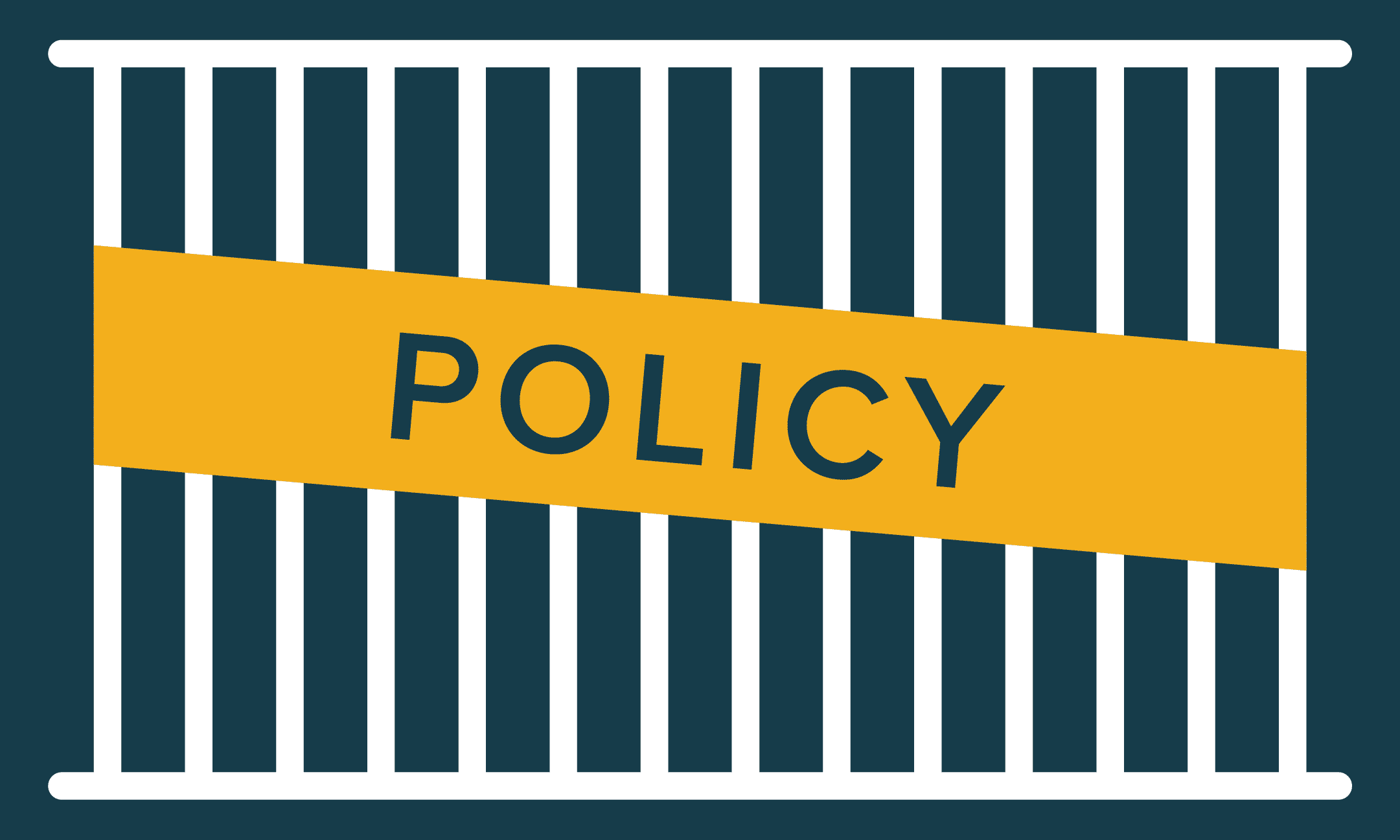According to a nationwide study commissioned by SHRM and the Charles Koch Institute (CKI), 82% of managers and 67% of HR professionals feel that the “quality of hire” for workers with criminal records is as high as or higher than that for workers without records.
Unfortunately, while the overall willingness to hire people with criminal records is high, few say their company actively recruits individuals with criminal records. Merely 5% of managers and 3% of HR professionals report this type of recruitment.
And that may be a missed opportunity because as some employers are discovering, candidates who received education, vocational training, and on-the-job experience during their incarcerations are very desirable upon their return to society.
Below are the thoughts of one talent acquisition professional whose company is wrestling with the notion of changing its policy about this particular kind of candidate. Read on.
[Editorial Note: This interview was provided to Yello on the condition of anonymity.]
We are in the water infrastructure business.
What that means is we’re a contract operator for various towns and municipalities around the country, and we contract with these towns and municipalities to operate their wastewater facilities or their water plants. We do not own the plants; we do not build the plants; we just operate the plants for towns and municipalities. We have a roughly about 25% turnover in the business.
Now water infrastructure is an aging industry. Much of the workforce is aging out, and we’re not finding many younger individuals who are looking for the same long-term, 25-year employment as their predecessors. Another complication for us is there’s a fair amount of competition for individuals who are trained and certified in wastewater operations or water plant operations.
Also, every state has its own level of certification and licensure, which it makes it even more challenging for people who are in a multi-state area to work across state lines, and that tightens the labor pool for us even more. We’re just finding it hard to find qualified candidates.
Now some states offer reciprocity with their licensing, but not all them. If you have an “A” license in State X, for example, you can go to State Y and keep that “A” license, or it might go down to a “B.” If you go to State Z, on the other hand, you’re not going to get reciprocity. If you don’t have a State Z license, you’re going to have to take some more classes before you can work.
We operate in State Z. We feel the challenge of finding talent there. So imagine our surprise when we found out that the State Z prison system has acclimated to the need for this industry by teaching the prisoners a wastewater operations and water plant operations curriculum. They’re providing education. They’re providing on-the-job training. When these prisoners return to society, they are employable by way of having a State Z license, which includes having relevant work experience (because the license is no good if you don’t have the on-the-job training).
Now, this is the dilemma for our business because we have that policy against hiring anybody who’s been convicted of a violent crime. Do we now turn and say, “Let’s adjust,” because we’re having difficulty filling roles in certain areas? Do we go against our policy by saying, “Even though you have a felony, we’re going to bring you on board”?
Adding to the pressure is the fact that we see our competitors have started to dial down their policies when it comes to the background checks coming up with felonies and things of that nature. That’s how all of those State Z prisoners can have that on-the-job training while they’re still incarcerated. Some of our competitors in State Z are saying, “Come on over here and work for our organization,” and they’re getting a direct pipeline of trained talent with relevant job experience that our policies prevent us from ever even considering.
That’s where we’re at.
We haven’t changed our position on violent convictions yet, but the business case for doing so is clear. The talent pool is so tight for us right now that it’s forcing us to reconsider. I think the way the labor market’s going—and we all see the trends in where it’s headed—we’ll probably at some point adopt a program, at least in some of these very difficult to fill states like State Z, where we’re going to try and partner with the corrections systems. Doing so just makes sense.


